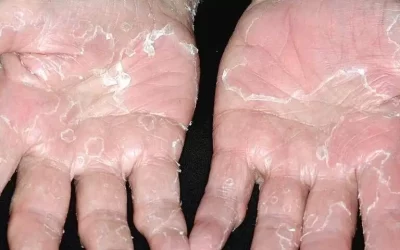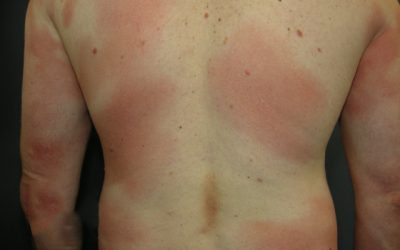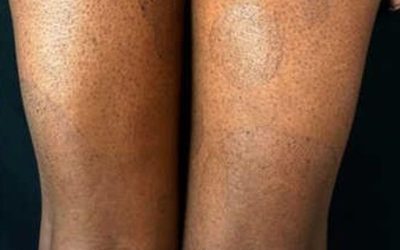Rosacea
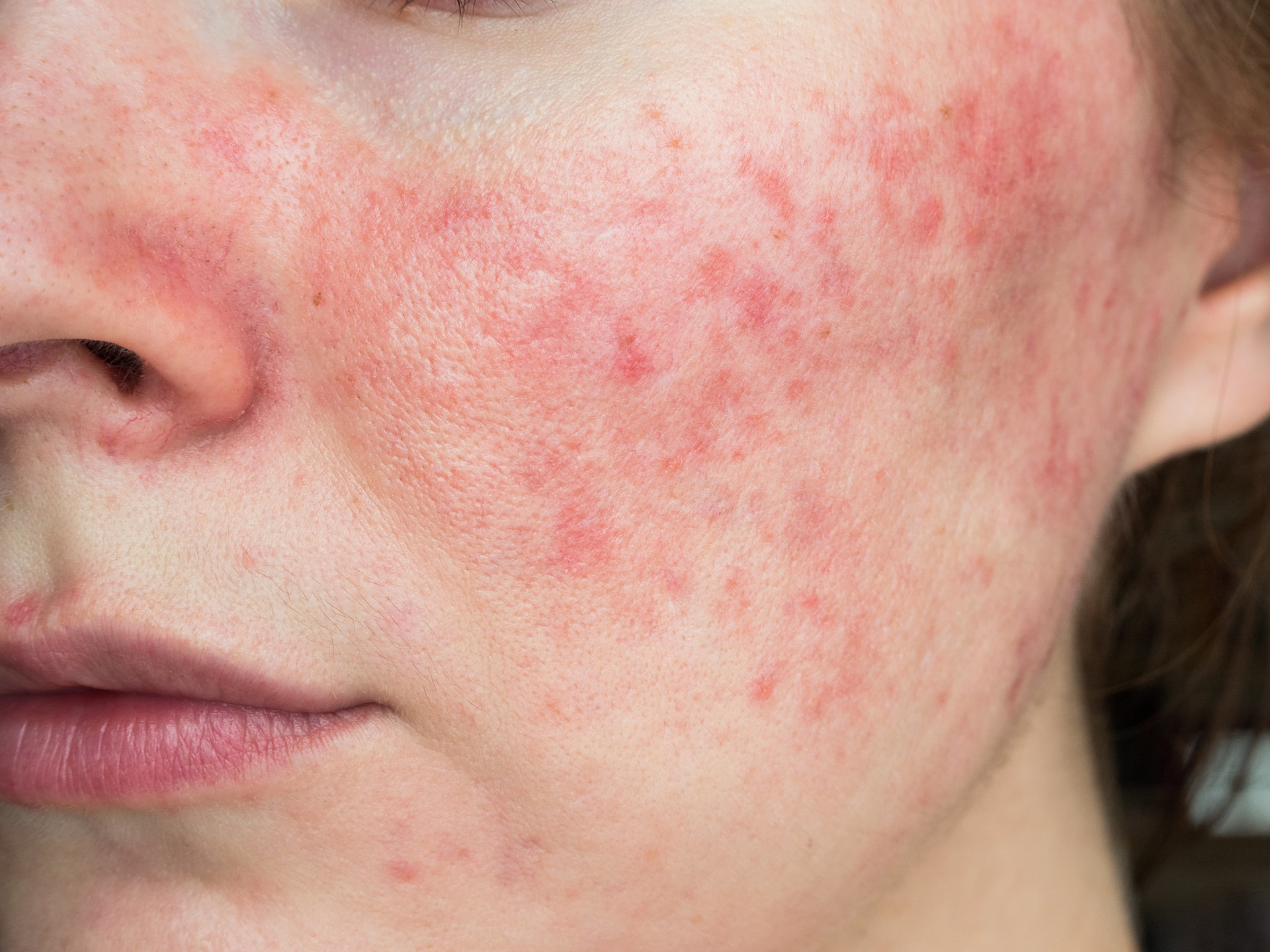
A flush on the cheeks is not just for embarrassing situations or when you see someone dear to you a human being? Do you feel stretching, tingling on your face? Your complexion is “coloured” pink! The disease is still found in the kuperozerythropoiesis, rosacea.
Rosacea is a chronic inflammatory, non-infectious skin disease that manifests redness and rashes on the forehead, cheeks, nose and chin, sometimes affecting the eyes.
Rosacea is caused by a combination of factors:
- more common in fair-skinned, blue-eyed people;
- genetic predisposition – more likely to have red cheeks if there is a family history of people with the disease;
- Environmental factors: sudden changes in ambient temperature (hot showers, sauna, hot tub, etc.), prolonged exposure to the sun without protective equipment;
- more common in people who experience prolonged severe stress;
- vasodilating foods that worsen the course of the disease (they do not cause the disease!!!): alcohol (especially red wine), spicy foods, very hot foods, heavy use of cinnamon etc.
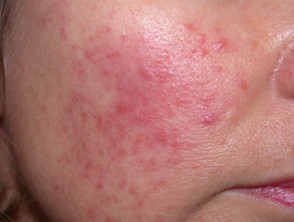
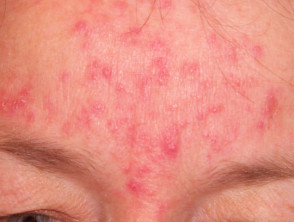
- persistent redness of the face (especially in the cheeks);
- prominent fine facial blood vessels – like pink stitches
cheeks; - a rash of red papules (‘pimples’);
- a stretching, dry sensation that is not relieved by applying cream;
- skin irritation, tingling, itching;
- scaling of reddened areas;
- enlarged couples
It is recommended to treat only when the disease is noticed, as it requires the least effort to control and does not make such much impact on your quality of life.

Peeling skin syndrome
Peeling skin syndrome is a genetic disorder characterized by constant peeling of the skin. The disease appears from birth or in the first year of life
lasts a lifetime
Mycosis Fungoides
The most common primary skin T-cell lymphoma (cancer of the blood). Mycosis Fungoides is characterized by three main stages, several of which may exist at the same time
Paraneoplastic dermatological manifestation of gastrointestinal malignancies
rare disorders resulting from the immune system’s response to a cancerous process (neoplasia) in the body. Gastrointestinal neoplasms more often cause paraneoplastic syndromes affecting the skin.
iDerma
MB iDerma
Fabijoniškės g. 99, Vilnius
+370 671 33323
info@iderma.lt

